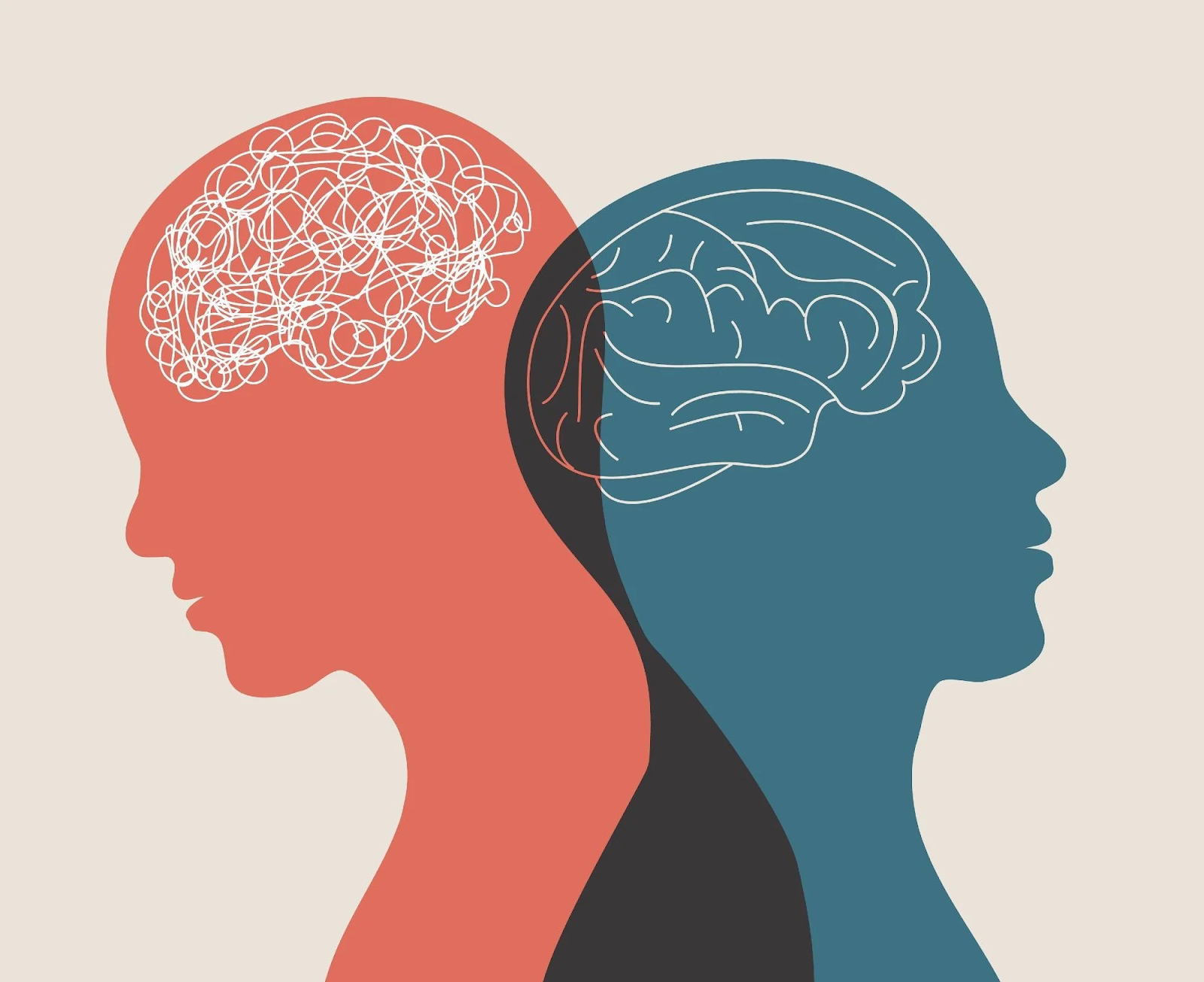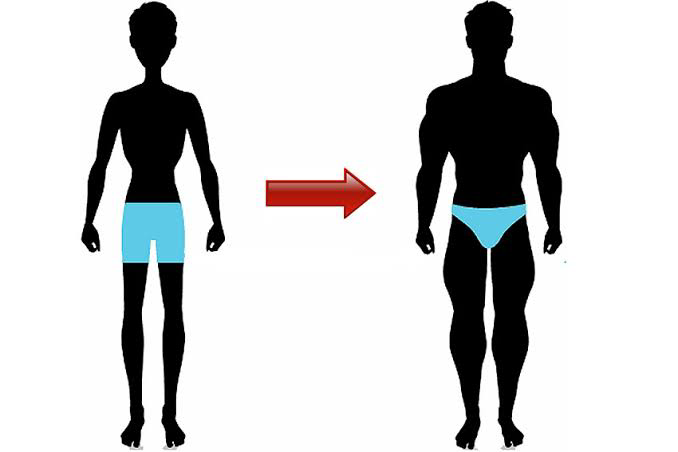Strength as the Ultimate Defense Against Oppression
Throughout history, strength has always been the cornerstone of resistance against oppression. The strong, those who have built their resilience through wealth, connections, physical power, and mental fortitude, are often the ones who can stand firm in the face of authoritarian pressures. In contrast, the weak, lacking in these crucial elements, find themselves at the mercy of the powerful, unable to fight back or even maintain their autonomy. The truth is simple: without strength, your ability to resist is severely compromised, and in the battle for humanity, weakness is not only a disadvantage—it’s a liability.
**The Futility of Begging and Pleading**
When faced with oppression, there is no room for begging, groveling, or pleading. These actions are borne out of desperation, a recognition that one lacks the power to force change. Oppressors thrive on this weakness. They see it as confirmation that their control is unchallenged. History is littered with examples of people and groups who have tried to negotiate their way out of oppression, only to find themselves even more tightly bound by the very chains they sought to loosen. The reality is, no amount of begging can compel a tyrant to relinquish power. Oppression is not ended by asking for mercy; it is ended by the strength to demand freedom.
**Why Weak Men Cannot Help**
In any struggle against oppression, weak men are, at best, ineffectual. They lack the strength to take meaningful action and often end up becoming obstacles rather than allies. At worst, they can become traitors to the cause, selling out those who are stronger and more capable of leading the resistance. Oppressors understand this dynamic well. They know that by keeping men weak—financially, physically, and mentally—they ensure that resistance remains fragmented and ineffective.
Weak men, overwhelmed by fear and insecurity, are easily manipulated. They are too concerned with their own survival to consider the broader implications of their actions. When faced with the choice between resisting or compromising, they will often choose the latter, rationalizing it as a necessary evil to protect their families or maintain their livelihoods. However, in doing so, they betray not just themselves, but the very ideals they claim to uphold.
**Governments and the Cultivation of Weakness**
Oppressive governments are acutely aware that their power depends on the weakness of their citizens. This is why they seek to disarm the populace, strip away economic independence, and create a culture of dependency. When people are disarmed, they lack the means to physically resist. When they are economically disadvantaged, they are too preoccupied with survival to challenge the status quo. When they are isolated and disconnected, they lack the social networks necessary to organize and mobilize.
The strategy is clear: keep the people weak, and they will be unable to resist. When governments impose draconian measures—such as mandatory injections with severe consequences for non-compliance—they are betting on the population’s inability to push back. They know that most people, faced with the prospect of losing their jobs, starving their families, or being ostracized by society, will comply out of fear. And that is precisely what they want.
**Strength as the Antidote to Fear**
The strong man, however, is a different story. When you are strong—when you have wealth, connections, physical power, and the mental resilience to withstand pressure—you have options. You are not beholden to the whims of an oppressive government because you have the resources to weather the storm. Fear, the primary weapon of oppressors, loses its potency when directed at the strong. Threats of imprisonment or financial ruin are less daunting when you know you have the means to survive and even thrive despite them.
The strong man is not easily cowed. He is the one who can stand up and say, “No,” without fear of the consequences. He is the one who can reject coercion because he knows that his strength protects him and those he cares about. He is not isolated; he has built a network of allies who share his values and will stand by him in times of need. He is not poor; he has accumulated wealth and resources that provide him with a buffer against the hardships that might break a weaker man.
**The Consequences of Weakness**
For the weak, the situation is grim. When you are weak, you are exactly where the oppressors want you. You become a tool in their hands, a pawn to be moved and sacrificed as they see fit. Your ability to resist is non-existent because your survival depends on your compliance. When faced with difficult choices—such as betraying a friend or starving your family—the weak will often choose the path of least resistance, further entrenching their own subjugation and aiding the oppressor’s cause.
In the end, the weak are not just ineffectual; they can be dangerous to those who are trying to resist. They may betray their stronger comrades out of fear or desperation, becoming liabilities in the fight for freedom.
**The Call to Strength**
The solution is clear: if you want to resist oppression, you must become strong. You must build your physical strength, accumulate wealth, cultivate relationships, and develop the mental fortitude to withstand pressure. Strength is the only real defense against oppression, and without it, your opinions and ideals are meaningless. In a world where the powerful seek to keep you weak, the greatest act of rebellion is to become strong.



Comments
Post a Comment